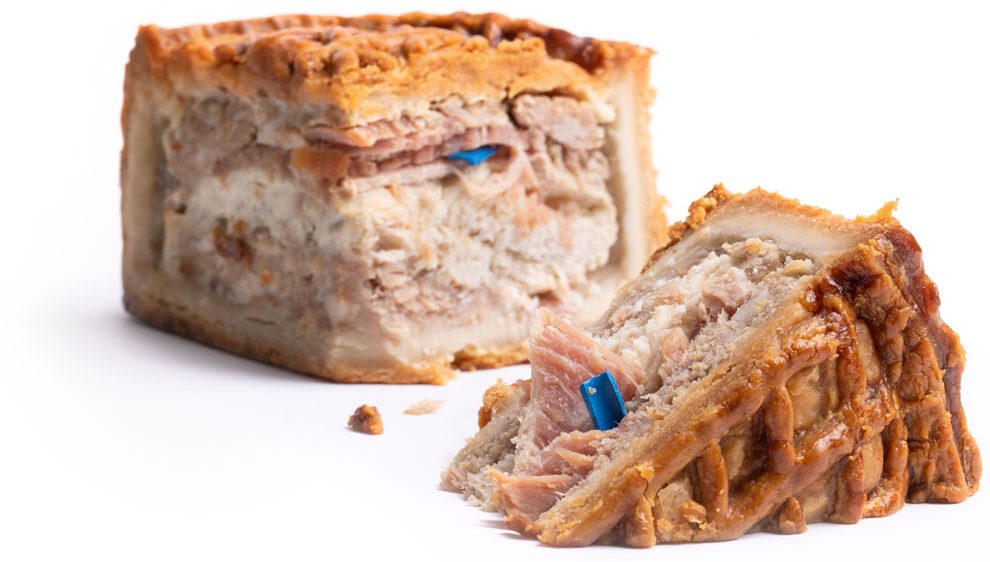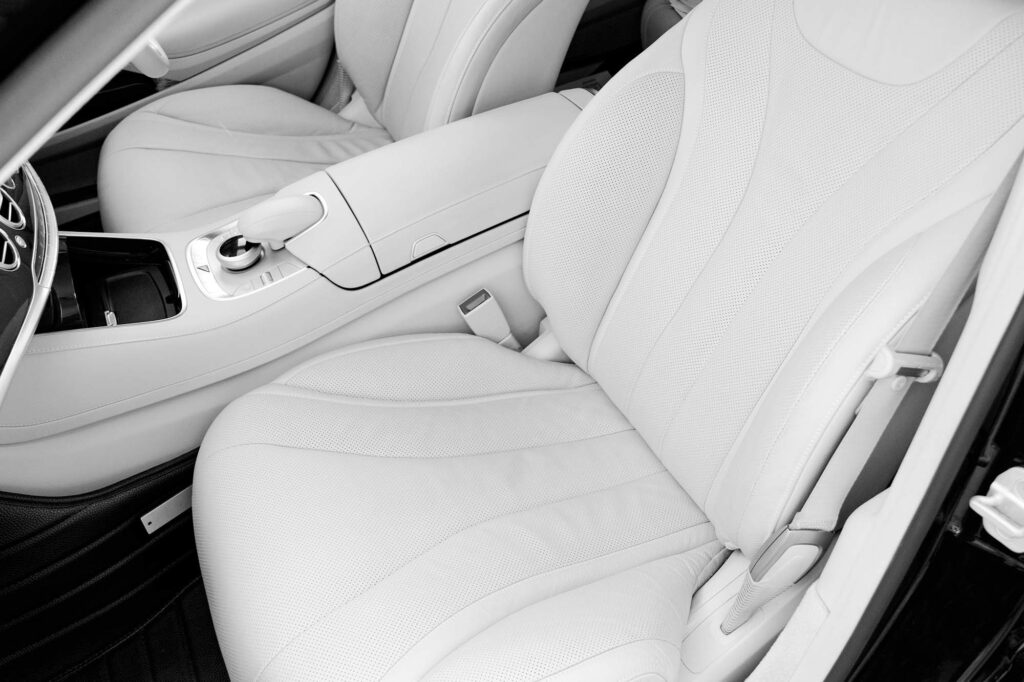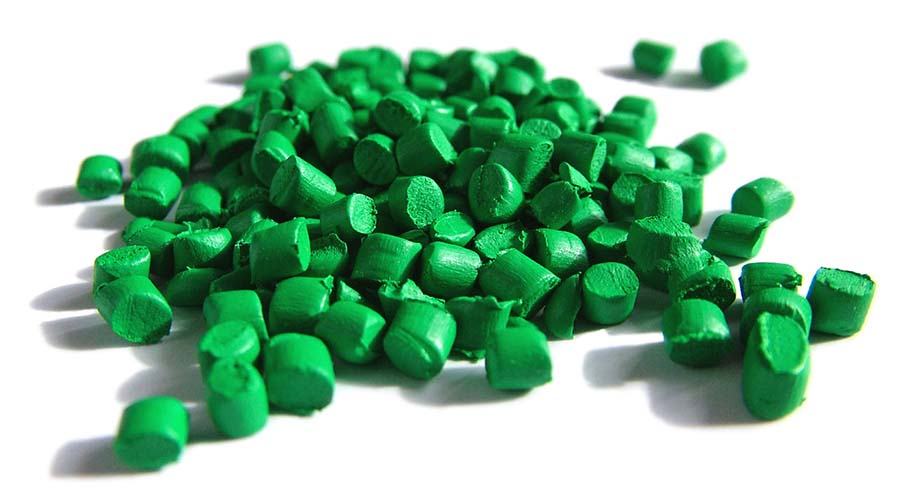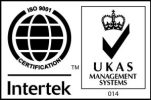SCOPIC®
Metal & X-Ray detectable plastic, silicone & rubber compounds & masterbatches
Employing SCOPIC detectable plastics in place of standard polymers enables contaminants to be detected by conventional detection systems.

KONDUCT®
Thermally & electrically conductive plastics, silicone & rubber
With appropriate design & utilisation, conductive plastics can replace metals in many thermal management applications.
AirSential®
Innovative & effective solutions for reducing volatile organic compounds and malodours in automotive, apparel & the built environment
The off gassing of malodours and harmful VOCs from materials used in the built environment and from polymers and adhesives used in the manufacture of vehicle Iinteriors poses a real threat to human health.

MATERIAL TESTING
Mechanical & environmental testing and material analysis
It is important to recognise that there may occasionally be unforeseen side effects when utilising functional additives. For this reason, we have invested in a comprehensive suite of material testing equipment, ensuring any such effects can be identified and mitigated as part of our standard process.
CUSTOM DEVELOPMENTS
Rapid design and development of custom additive formulations for plastics & coatings
Our in-house capabilities enable us to develop and manufacture innovative solutions to add value and performance to the materials you are using in your products. We relish a challenge and welcome the opportunity to discuss your specific requirements, however unusual…






